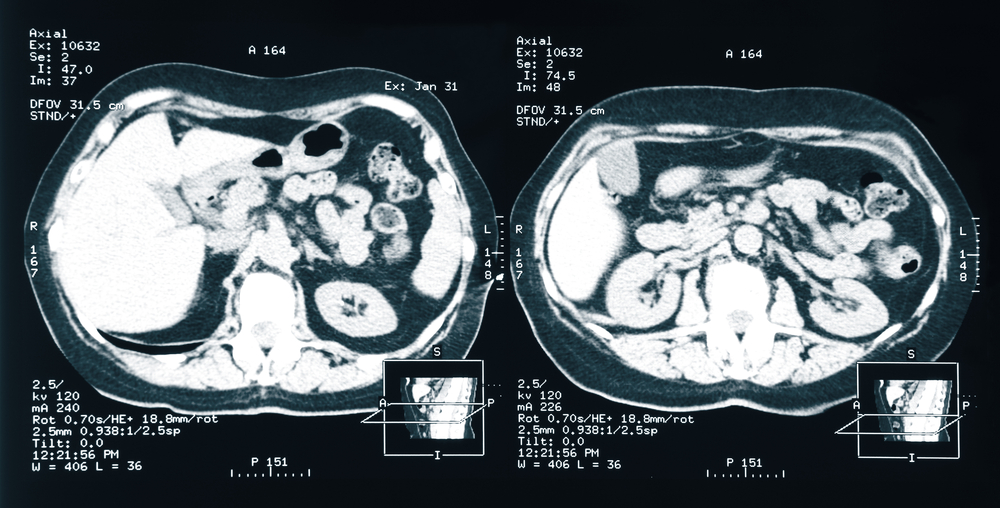Results from a recent nationwide study presented during the Annual Meeting of the European Society of Human Reproduction and Embryology (ESHRE) indicate that women diagnosed with endometriosis have an increased risk of ectopic pregnancy and miscarriage. During the study, researchers found that women with a history of endometriosis diagnosis whose pregnancies progressed beyond 24 weeks are at an increased risk of preterm birth and ante- and postpartum haemorrhage.
“These results indicate that endometriosis predisposes women to an increased risk of early pregnancy loss and later pregnancy complications,” said study’s first author Dr. Lucky Saraswat, consultant gynaecologist from Aberdeen Royal Infirmary, UK in a recent news release.
Researchers used data from 14,655 women with and without a diagnosis of endometriosis. To evaluate the participants maternity outcomes, data was cross-linked to their maternity records. Participants’ medical records were followed for up to 30 years from 1981 to 2010.
The researchers compared the reproductive and pregnancy outcomes in 5,375 women with endometriosis with those of 8,280 women without endometriosis who were pregnant at the same time. The results revealed that women with a diagnosis of endometriosis were at an increased risk of early pregnancy complications in comparison to controls. Furthermore, this risk was 76% higher for miscarriage and about three-times higher for ectopic pregnancy.
Women who have endometriosis are at higher risk of unfavourable pregnancy outcomes such as preterm birth and ante- and postpartum haemorrhage. Results from this study should be taken in consideration when recommending women with a diagnosis of endometriosis on their family care and plans during their gestational period.
When commenting on the fact that the condition is associated with an increased risk of pelvis inflammation and functional and structural alterations in women’s uterus lining, Dr. Saraswat said, “We believe such changes in the pelvic and uterine environment could influence implantation and development of placenta, predisposing them to adverse pregnancy outcomes”.
Women with endometriosis should be advised about their risk of miscarriage and ectopic pregnancy in the first trimester,”which warrants increased monitoring by ultrasound scans, and greater vigilance to identify potential complications such as bleeding and preterm delivery. Data from this Scotland wide study should inform healthcare strategies for surveillance and early identification of complications in pregnancy in order to optimise outcomes in women and their babies”, she added.
Co-investigator Professor Andrew Horne, consultant gynaecologist at the MRC Centre for Reproductive Health of the University of Edinburgh and a member of ESHRE’s Special Interest Group steering committee on endometriosis, said that the estimates of women with a diagnosis of endometriosis who will get pregnant and have their children is about 60% to 70%. “However,” he added in the news release, “we do not discuss what happens when they do become pregnant. These new findings suggest that we may need to warn women with endometriosis who become pregnant that they are at higher risk of both early and late complications in pregnancy, and may warrant increased antenatal monitoring.”

